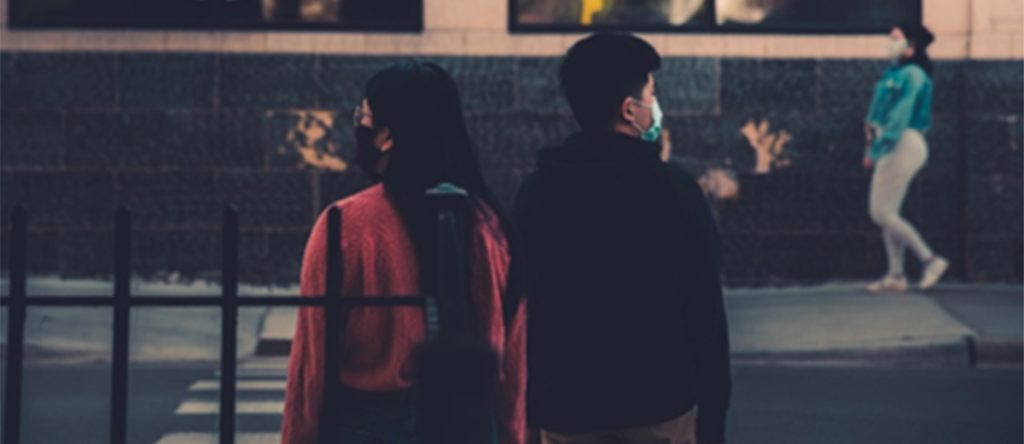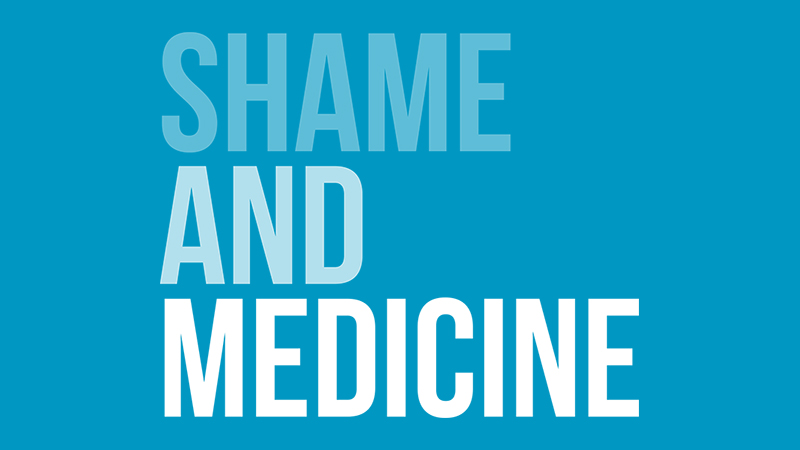Case Study
The AHRC funded Scenes of Shame and Stigma in COVID-19 research project, part of the Shame and Medicine project, identifies and investigates the sites and circumstances of shame, shaming, stigma and discrimination during the first 12 months (January-December 2020) of the COVID-19 public health crisis in the UK. The research looks at how stigma and shame are related to uneven distributions of social power, but also how digital technologies, social media, neoliberal ideologies and rapid global information exchange have conditioned the ‘scenes of shame and stigma’ when compared to previous respiratory pandemics.

Stigma and shame are pressing concerns of the on-going COVID-19 public health crisis. Public Health England has called for further research into stigma and discrimination, especially in relation to BAME communities.
“Anti-Asian hate speech increased by 1,662 per cent in 2020 compared to 2019 in the UK, a new report examining how racism online changed during the pandemic has revealed.”
NHS, Public Health England, the World Health Organisation and other health bodies globally have identified the stigma around COVID-19 as an urgent issue. In the United Kingdom, public health interventions have created and exacerbated shame and stigma (e.g., the first local lockdown produced the stigmatised “lepers of Leicester”; face mask use/non-use has led to both stigma and shaming).
“We are regulars there and had been looking forward to it, but I felt like a bit of a Leicester leper when I saw the post.”
Shaming is often the affective vector in public health messaging, both intentionally and inadvertently, and ‘pandemic shaming’ is repeatedly identified as a powerful and ubiquitous occurrence.
“Look Her [a very sick woman in intensive care] In the Eyes and Tell Her You Never Bend The Rules.”
The need to understand social, political and technological features unique to our current world (e.g., social media, rapid global information exchange, neoliberal ideologies), and how they are shaping the ways in which shame and stigma are produced, manifested and experienced, is urgent. Luna Dolezal, Arthur Rose and Fred Cooper examine this in COVID-19, online shaming, and health-care professionals published in The Lancet.
To assist with clarifying public health messaging, and to demonstrate how shame-sensitive work can reduce or mitigate some of the harms of COVID-19, the researchers have produced short term evidence-led recommendations on developing shame-sensitive responses to the challenges of pandemic, and a Shame-Sensitive Public Health And Covid-19 briefing.
The research highlights the implications of the direct and indirect consequences that health policies and practices have for individuals, especially among marginal groups. It has reached a wide audience through the Scenes of Shame and Stigma in COVID-19 Seminar Series and accompanying blogs, talks and presentations and a forthcoming podcast series, in collaboration with Volume, that accompanies the research team’s forthcoming book COVID-19 and Shame: Political Emotions and Public Health in the UK.

Researchers
Professor Luna Dolezal
Dr Arthur Rose
Dr Fred Cooper
(University of Exeter)


